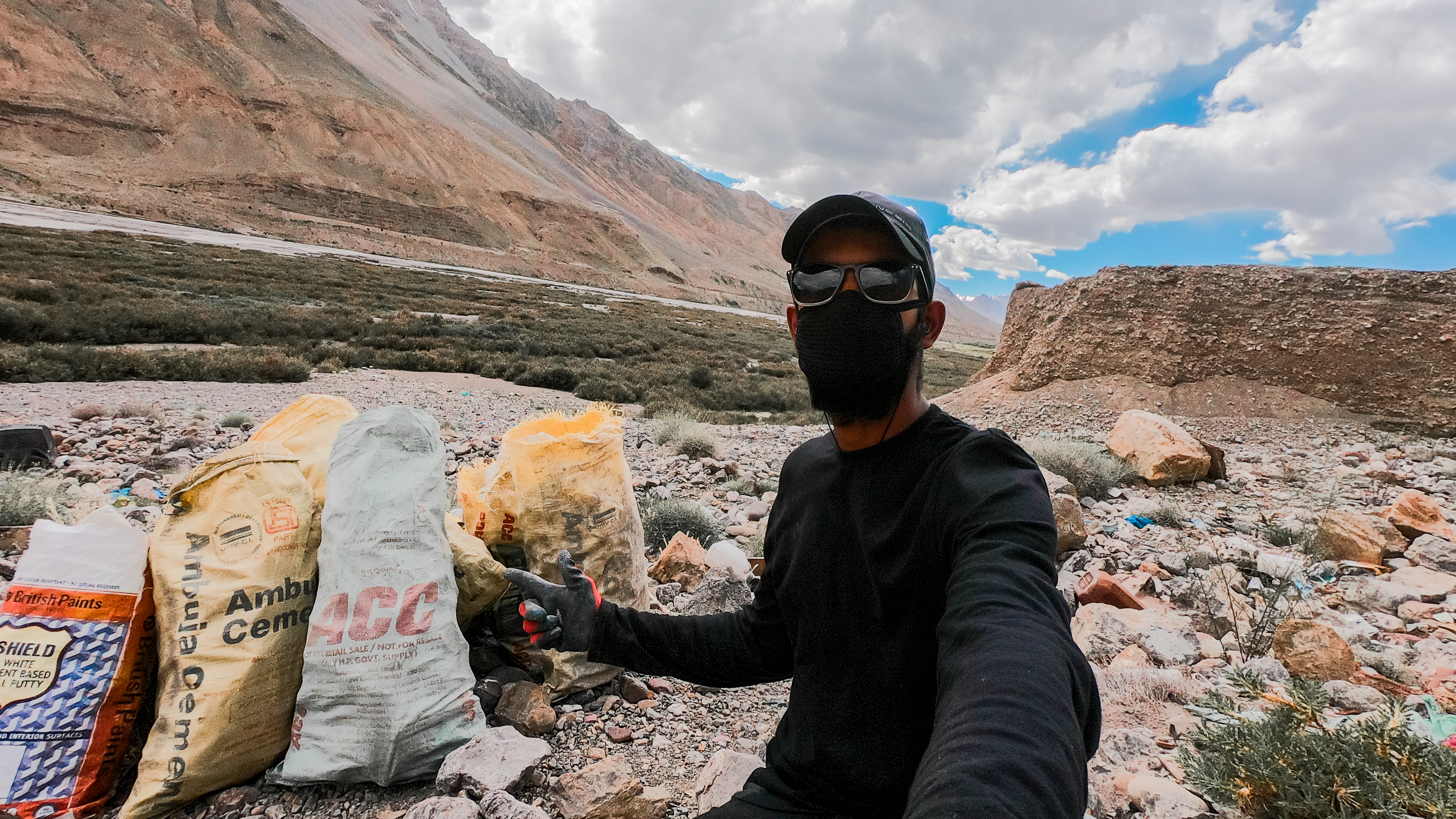Bill Gates said it back in 2015, Global Health Expert Alanna Shaikh said in March this year, climate change activists like Greta Thusberg have been saying it a lot. Yet, it took an unknown, hence novel, Corona Virus to finally deliver the message: Climate change is urgent.
And this is not just another “excuse” as most millennials call it, to talk about climate change, it is a valid ground. I know I have personally contributed to this crisis. I know I have been living extravagantly. And now I wish my groceries would last for another week.
My guilt led me to talk to someone who knows and understands. I looked for someone closer home. And I found Climate change activist Aakash Ranison. He is a Gen-Z campaigner who has been working extensively towards awareness about climate change and responsible travelling for a few years now. He seemed to be the perfect choice in answering some of my questions about COVID-19 and climate. As an activist, he has been a part of projects such as Spiti Valley project and has single-handedly led plastic waste awareness projects like The Kozhikode Beach project among others. As a climate journalist, he has written on climate change extensively on leading publications including Forbes and Vice. He engages in digital activism often on his Social Media channels addressing his own lot – the Gen-Zs, making them aware about the effects of global warming and human activity on planet Earth.
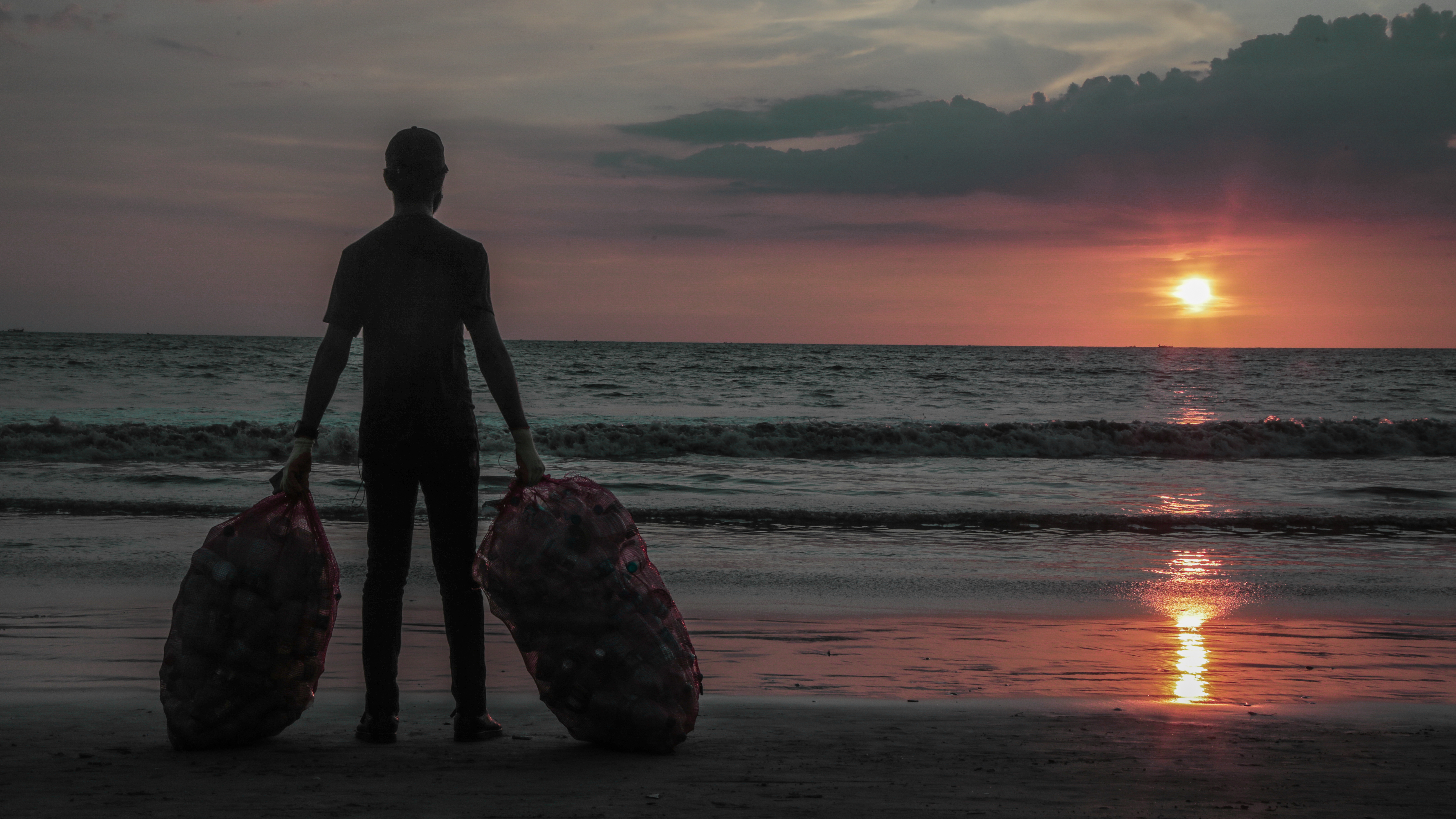
Excerpts from the interview
1] Have all global pandemics in the past been linked to climate change or is it just COVID-19?
Aakash: It’s not about linking them consciously, it’s a fact that they are inter-connected. Personally, I believe that nature has its own blessings and limits and being an inhabitant of this planet, I must learn to respect these boundaries. Let us take a look at some of the deadliest viruses. HIV was first transmitted to humans through chimpanzees, bats were directly responsible for ebola, Coronavirus SARS originated in bats and then spread to cats making its way into human bodies. The last coronavirus MERS originated from dromedary camels.
The novel coronavirus COVID-19 was first found among bats who came in contact with pangolins. The world now knows about the illegal pangolin market in China from where the patient zero of COVID-19 emerged. Species such as Dodo, Baiji White Dolphin, the African Black Rhinoceros, Stellers Sea Cow etc have been extinct because these species became either food or clothes or bags for human beings. This imbalance was bound to cause epidemics. So yes, most such pandemics are directly related to climate change.
2] Does that mean some animals are more dangerous than others?
Aakash: I wouldn’t say that. I would say that animals are not meant to be consumed by humans. They are not here to serve us, they are here to live their normal lives just as we do. They have every right to thrive just as we do. We have invaded the Amazon forest and every single forest on the planet. We have become very close to wildlife. And when I say close, I don’t mean just visiting them but also consuming them. Our proximity, especially our eating habits, has given us access to these animals whose bodies are the natural hosts for several viruses. Moreover, we have taken them for granted, they are entertainment to use.
But I need you to understand this. It’s not their fault. Several unidentified viruses that are dangerous for human bodies are actually natural bacteria for those animals. Do you think bat is the villain here? Not at all. Take for example, the coronavirus. It lives its natural life inside the body of a bat. Such viruses are meant to live and thrive in animal bodies. In the case of the novel corona, it went to the body of pangolins from the body of bats and the rest is history now. So when humans choose to consume those animals, they are at fault not the animals.
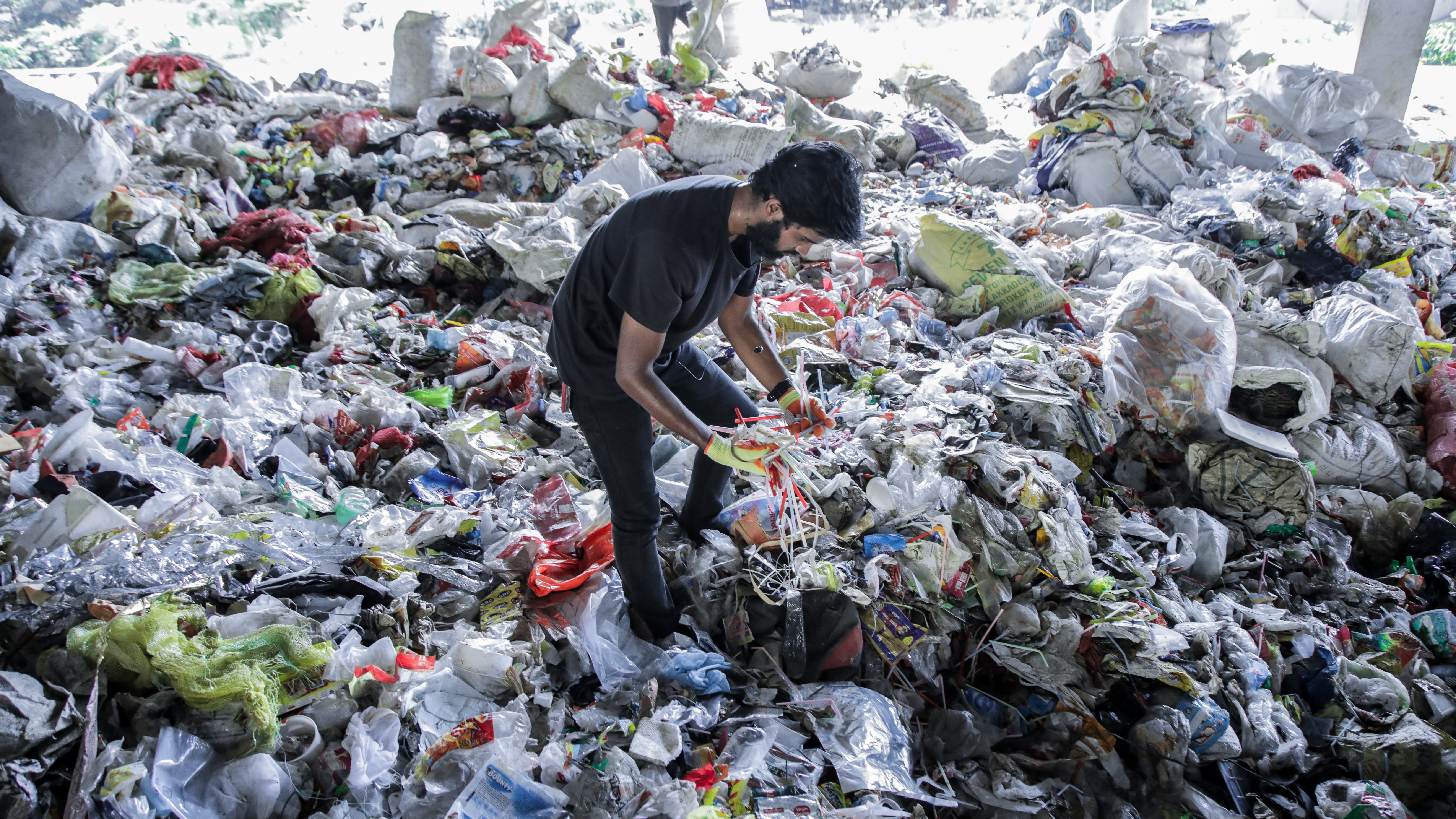
3] Many people have difficulty still digesting that climate change and COVID-19 are inter-connected. They are in a state of denial. What would you tell them?
Aakash: For that, let us take a small example. We all keep away from carnivorous animals such as a lion or a tiger. Why? That is because they are powerful and sturdy, they look dangerous and have the ability to overpower us. We keep our distance with these animals for our own safety. Same is the case of fire, we see it as potentially dangerous, so we keep our distance. We are compelled to maintain that boundary. That’s basic psychology: humans believe what they see. Viruses, on the other hand, are not visible to the eye. As a result, we don’t fear such viruses the way we fear lions or tigers. That’s because we don’t see them as a potential danger, so we cross the line.
So pangolins are sold illegally in several markets around the world, some of which came in contact with bats, and carried the virus inside human bodies. In computer terms, we know that a virus is really a computer program, it does what it is designed to do. Same with any zoonotic viruses. Their job is to multiply and thrive, they are just doing what nature designed for them to do – thrive in the body of some animals. Oh and fun fact: the COVID-19 has the size of 0.1 micron. To give you a perspective, a hundred million coronavirus particles could fit on the head of a pin and you wouldn’t have a clue about their presence.
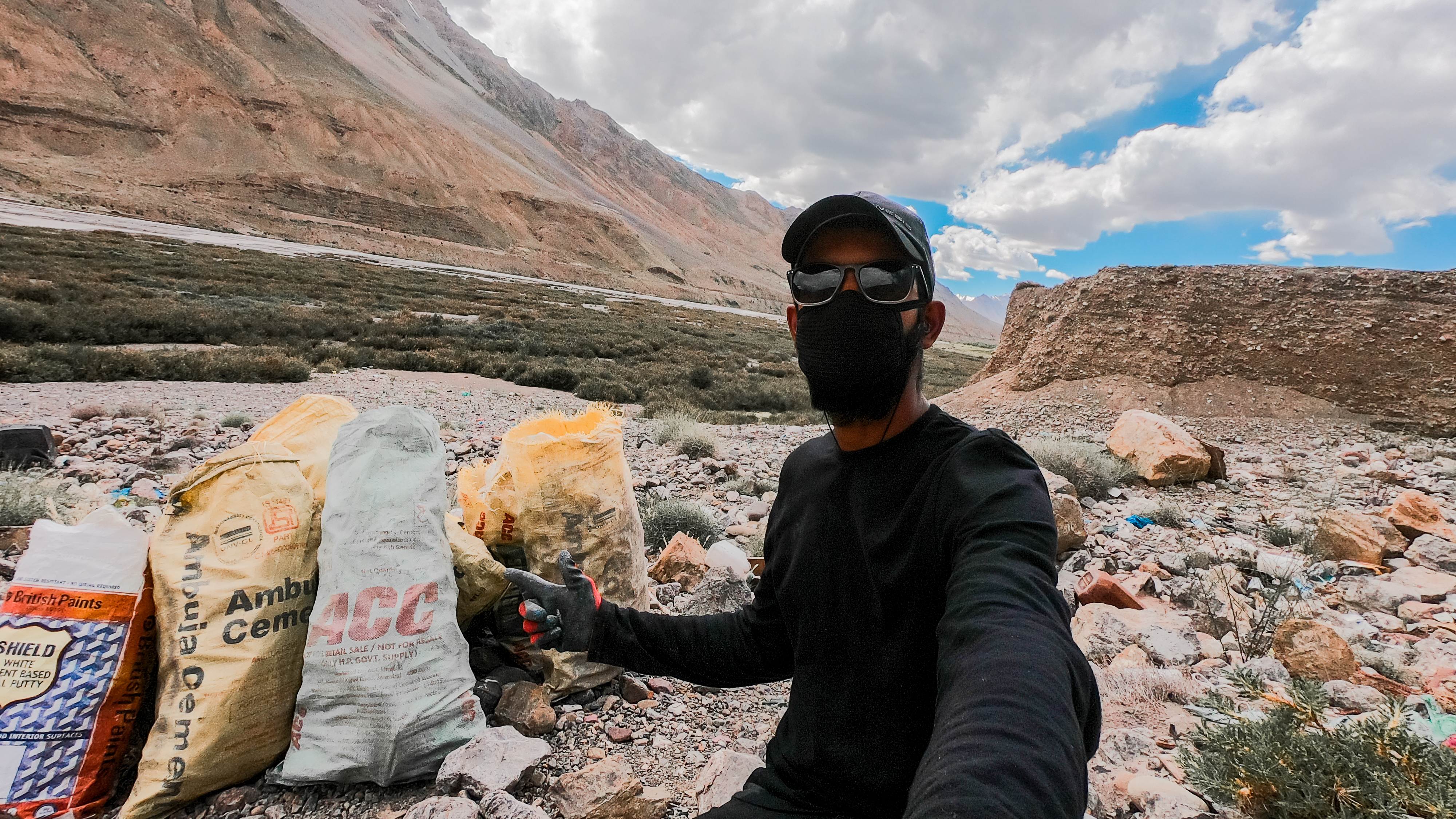
4] For our readers, could you also shed some light on how our consumerism has caused climate change?
Aakash: The best illustration is the Amazon fires that have happened over the years. Last year, the fire went on for a good 10 days before social media caught up with the news because a traveller posted photos and videos. Mainstream media totally avoided it initially and then caught up. Now forest fires can be both direct and indirect. When countries refuse to allow cutting of forests or selling land, the companies all over the world are notorious for starting forest fires. Acres and acres of lands become arid, lakhs of trees become ashes. In place of that wildlife and forests, we have carbon emitting factories that harm the environment. This is a direct forest fire.
Then there are indirect fires caused due to our consumerism. Factories of food, clothes etc emit carbon in the atmosphere in large quantities. This leads to indirect forest fires. We all remember animals being burnt alive in Australian forest fire last year. Also, most things we consume today – say a bag of chips or biscuits – require palm oil for production. Palm oil is comparatively cheap. Hence most companies go for it. This creates a demand for more land, more palm trees and cutting of forests. Even animal agriculture indirectly affects our environment. All these human activities ultimately lead to global warming – a direct effect of climate change. The more we consume these things in large quantities, the more motivated these companies feel, because well, their unprecedented profit margins. We stop consuming so much, we save our planet. Simple.
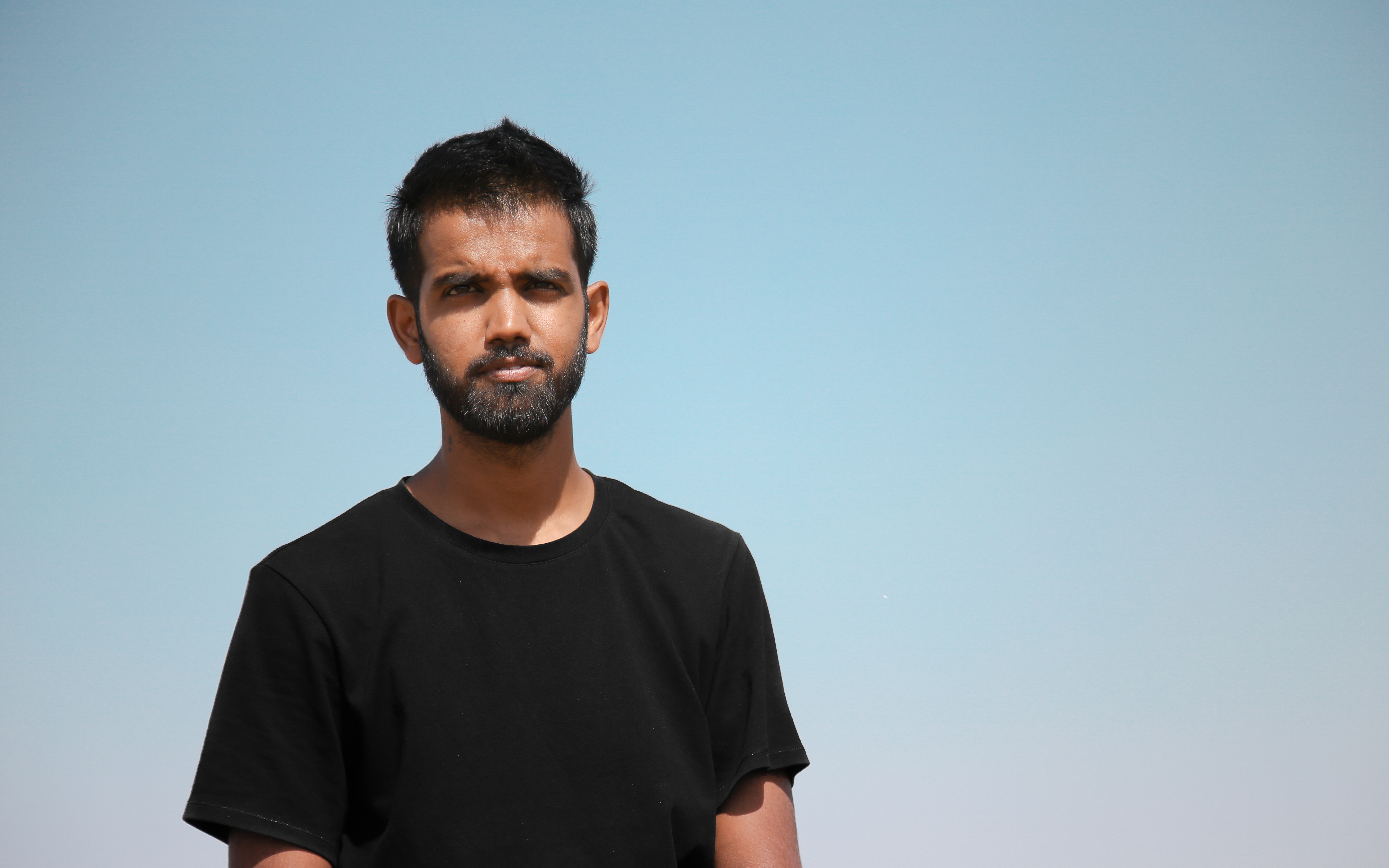
5] How can we live differently? What can we still do to protect our planet and prevent pandemics in future?
Aakash: As a matter of fact, we have already started living differently, however, it is currently out of compulsion. We now know what it means to be caged, so we can hopefully empathize with animals kept in zoos and circuses. The 21 days of lockdown has definitely changed the way we thought. You know the famous 21/90 day rule? It takes 21 days to make it a habit and 90 days to become a lifestyle. If you get it, it should be a habit already. We must learn to respect boundaries, we can do this by changing small things. We used to go for food buffets earlier? Change that now, it’s a total waste of food and money and has deeper consequences for the environment. We may consider turning vegetarian or vegan if we wish to change the plight of animals. Consuming wild life should be a firm NO. Nature is a force, it’s not just a mother who nurtures, it is also a force that can kill. Respect this.
This is one in a universe opportunity to make the final difference and we must take it. Let us stop and practise sustainability. We can make wiser choices in food, clothes and other goods every day. We are here to live not to rule.
Our brain is a gift, not a gun. Use it accordingly. We have been pardoned and given the benefit of doubt several times now. If we keep running like this, we don’t know which granite we are going to step on. And then it is bound to explode. We have had enough chances, it’s time to act.
I also want us all to remember: nuclear power cannot save us. World’s largest nuclear power and the strongest economy is falling flat in the face of the pandemic. Nothing is bigger than this.
Get off of the mentality that we can throw our garbage on our neighbour’s yard and it won’t affect us. Well it has. Now stop throwing that garbage, learn to minimize carbon footprints.
Well I took some vital lessons from this interview. I am determined to make a few changes in the way I live. Hope you do too.


